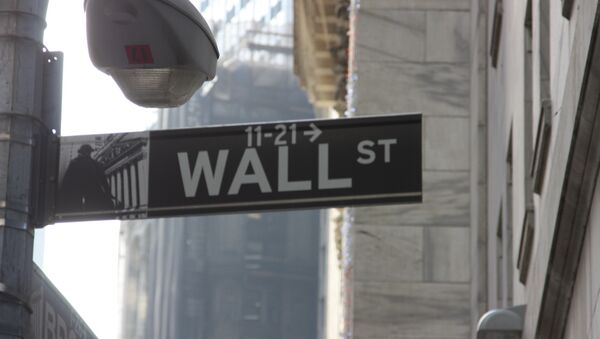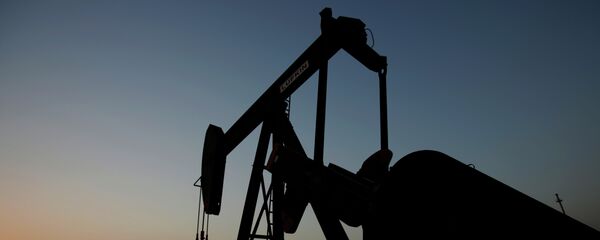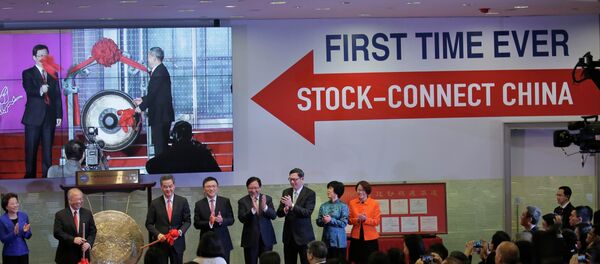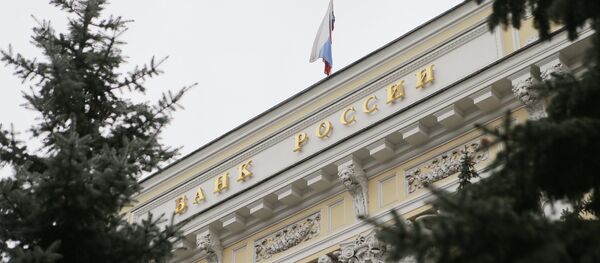MOSCOW, December 3 (Sputnik) — Global shares have risen today and the euro plunged to its two-year low on the anticipation of tomorrow’s European Central Bank’s (ECB) meeting on monetary policy, while Asia-Pacific trades ended higher on the expected monetary easing in China.
“Everyone wants Draghi (Mario Draghi, ECB head) to leave the option for QE out in the open,” said Carsten Hilck, managing $4 bln worth of assets for the Frankfurt-based Union Investment Privatfonds GmbH. “He just has to show the gun, but not yet use it. Money is flowing back into European stocks, markets are near their highs, bond yields are going down – everything is back on track now.”The Eurozone has accelerated on monetary easing in Japan and China this past October, as Draghi announced a possibility for the expansion of the ECB bond-buying program, similar to what the US Fed was doing in 2008-2014.
Asia-Pacific shares edged up today on significant gains in mainland China’s real estate sector and the speculations of looming monetary easing from Beijing. However, this may not happen anytime soon, as mainland China’s real estate bubble may be inflating again, and more easing will create a riskier situation.
The world’s largest economy is speculating on the possible interest hike ahead of the Federal Reserve’ policy meeting on December 16-17, while the upcoming November data will likely show slower growth in employment. The Dow Jones added 0.58% the previous day, S&P 500 rose 0.64%, NASDAQ added 0.60%, with most gains in construction sector.
In Russia, business activity in services sector contracted to the worse-than-expected Purchasing Managers’ Index (PMI) of 44.5, where above 50 indicates growth. Coupled with the depreciating national currency, which recently fell by about 16% in six days, and low oil prices, Russia’s economy is heading for a recession in 2015, as acknowledged by the nation’s Economy Ministry, according to a Bloomberg report.
Growth in Australia also slowed due to the slump in commodities. The nation’s government is trying to tighten its fiscal policy cut cutting spending and hiking taxes. “We have seen a dramatic fall in commodity prices, which has obviously had an impact on the Australian economy, had an impact on our nation’s income,” Australia’s Treasurer Joe Hockey said Canberra today as reported by Bloomberg.





